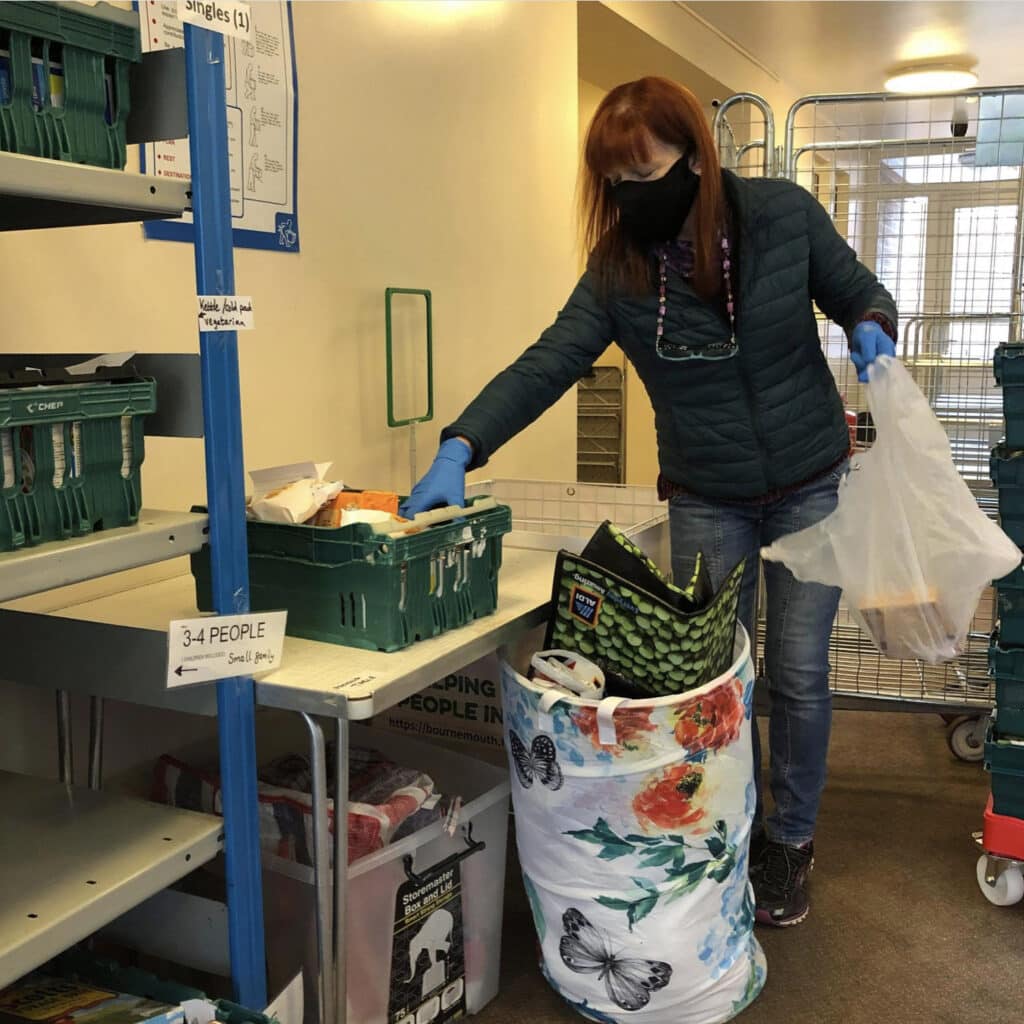The pandemic has been an incredibly difficult time for many, but it has shown the kind generosity of people. The Bournemouth Foodbank has experienced all kinds of help from the community, council and local supermarkets.The Covid-19 crisis meant we had to change the way we live. The Bournemouth Foodbank also had to adapt to the pandemic. They had to adapt their processes to adhere to guidelines whilst ensuring that they continue to feed the community.
Since the UK first entered lockdown in March 2020, the foodbank has had to maintain the safety of their workers and clients, whilst continuing to provide essential work.

They developed new ways to provide food for those in isolation, they also had to employ a whole new team of volunteers to cover for those in the vulnerable category. Finally, they have had to ensure they are receiving enough donations to continue to help those in need.
I spoke to the Volunteer Coordinator at Bournemouth Foodbank; Lauren Franks, on how the Foodbank has changed since the outbreak of Coronavirus.
“Many of the people who use the foodbank have had to isolate so we had to adapt our processes in order to be able to deliver food”.
“It was very different from our usual process, we had volunteers who would pick up parcels for clients and deliver them whilst ensuring that they stuck to Covid-19 guidelines. This was very different from our usual process where clients are able to interact with volunteers”. This has changed the dynamic of the work, as interacting and connecting with the clients is the most rewarding aspect of volunteering.
With many losing their jobs and being furloughed, foodbanks are experiencing increasing demand, “we opened an additional foodbank centre because we were so busy, we also opened a temporary warehouse to manage the high demand we were facing”.
Members of the public have shown incredible generosity with donations as well as several supermarkets including FareShare and Tesco.
“We are incredibly grateful for the food and financial donations that many supermarkets have given, supermarkets are our highest donators of food, at the start of the pandemic we were receiving weekly donations”.
Government grants and funding has ensured that the foodbank can continue to help the community, “the eat well spend less scheme has helped many families learn to cook on a budget whilst in isolation” said volunteer coordinator Lauren Franks.
The foodbank is reliant on the help of volunteers, during this time there has been a lot of uncertainty, many have been isolating.
“It has been a difficult time to be a volunteer coordinator because lockdown and the pandemic has meant that many volunteers were isolating, but we have experienced and incredible number of individuals applying, over a 5-week period I had roughly 60 volunteers apply”.
As many look forward to a life out of lockdown it is important to acknowledge that poverty and hunger doesnot end when the pandemic ends. A report by Sustain UK shows that food poverty affects 8.4 million people in the UK. As we look towards the future, it is important we continue to support local foodbanks who work tirelessly to support those in need.
Harriet Drew
PLEASE SUPPORT US FOR JUST £2 A MONTH





